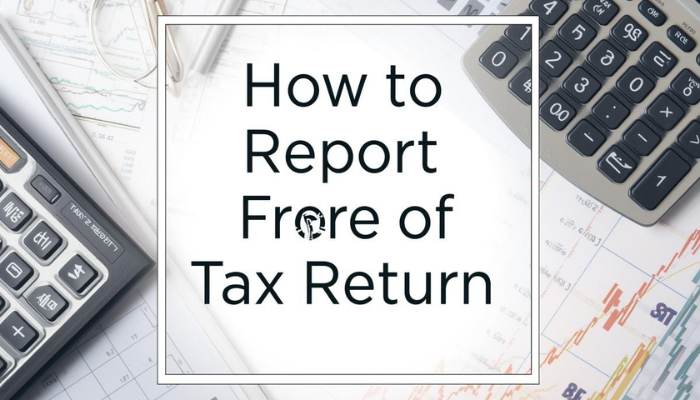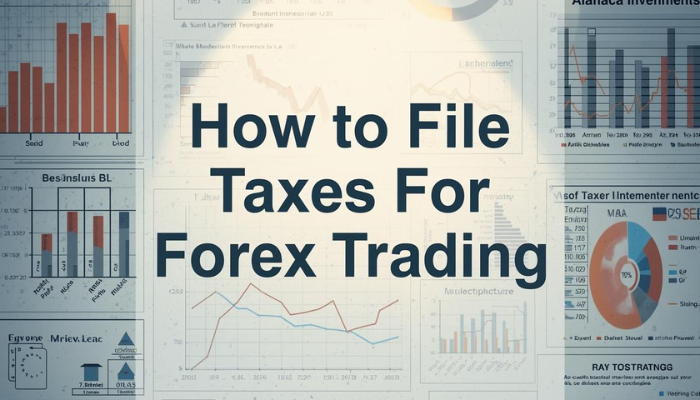Who Pays Special Assessments at Closing?
Buyer or seller – who pays special assessments at closing? Special assessments are necessary to consider when purchasing or selling a property.
To shed light on who usually bears this financial burden, L&Y Tax Advisor will help you find the answer to ‘Who pays special assessments at closing?’.
What are Special Assessments?
Special assessments are fees levied by a local government or homeowners association (HOA) to pay for repairs or enhancements to the neighborhood. The price of these improvements includes:
- New recreational facilities
- Landscaping
- Road maintenance
This price can be split among property owners. The nature and value of the property, as well as whether the assessment is a one-time fee or spread out over the years, can all significantly impact the frequency and amount of these assessments.
Before completing a transaction, both buyers and sellers must be aware of the specifics of any special assessments.
Who Pays Special Assessments at Closing?
Any authorized special levies must typically be paid by the sellers at closing. In many states, this law is outlined in real estate agreements, which are frequently found in Form 2-T paperwork.
Even if it would have been payable in installments after closing, the seller is usually still obligated to pay the whole assessment amount. Failure to fulfill this duty may result in a breach of contract, which gives the buyer the right to terminate the agreement or demand specific performance.
However, if a special assessment is not formally granted before closing, the buyer becomes responsible. In this scenario, the buyer would assume any unpaid assessments and be responsible for paying them following the transfer of property ownership.
Negotiations and Exceptions
Specific exceptions to the general rule that the seller bears liability exists. Buyers and sellers may work out a separate arrangement regarding who is responsible for paying the special assessment.
A separate agreement made by both parties will supersede the usual rule. In addition, due to state rules, extra assessments can be the buyer’s obligation rather than the seller’s.
Both parties benefit from speaking with a real estate agent or lawyer who is knowledgeable about the laws in their state to prevent misconceptions.
Factoring in Special Assessments During Negotiations
When negotiating prices, unique evaluations should be adequately taken into account. Sellers are urged to reveal any known assessments to provide prospective purchasers with a complete financial picture.
Buyers should assess the effects of these expenses before submitting an offer. Buyers can bargain for the seller to pay all or part of the extraordinary assessment expenses, either as closing charges or as part of the purchase price.
The Bottom Line
Buyers and purchasers must examine who pays special assessments at closing. It can influence their choice. To reaffirm their duties, both parties should ensure clear communication and, if needed, seek expert guidance.
Read More:


